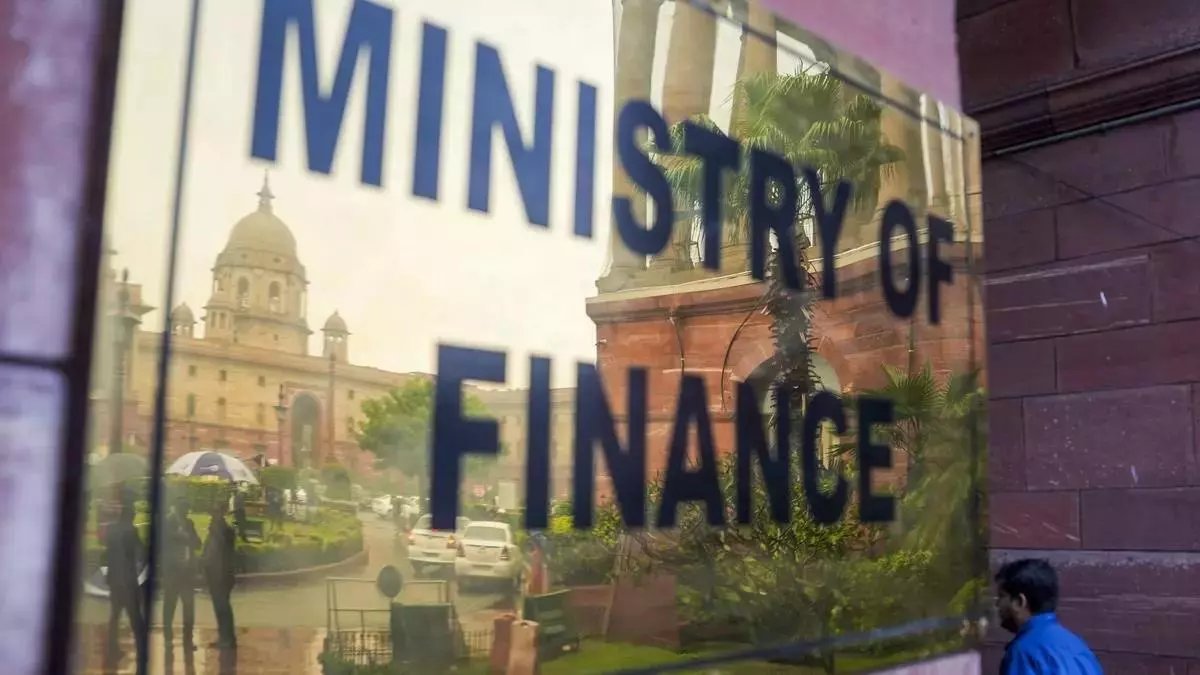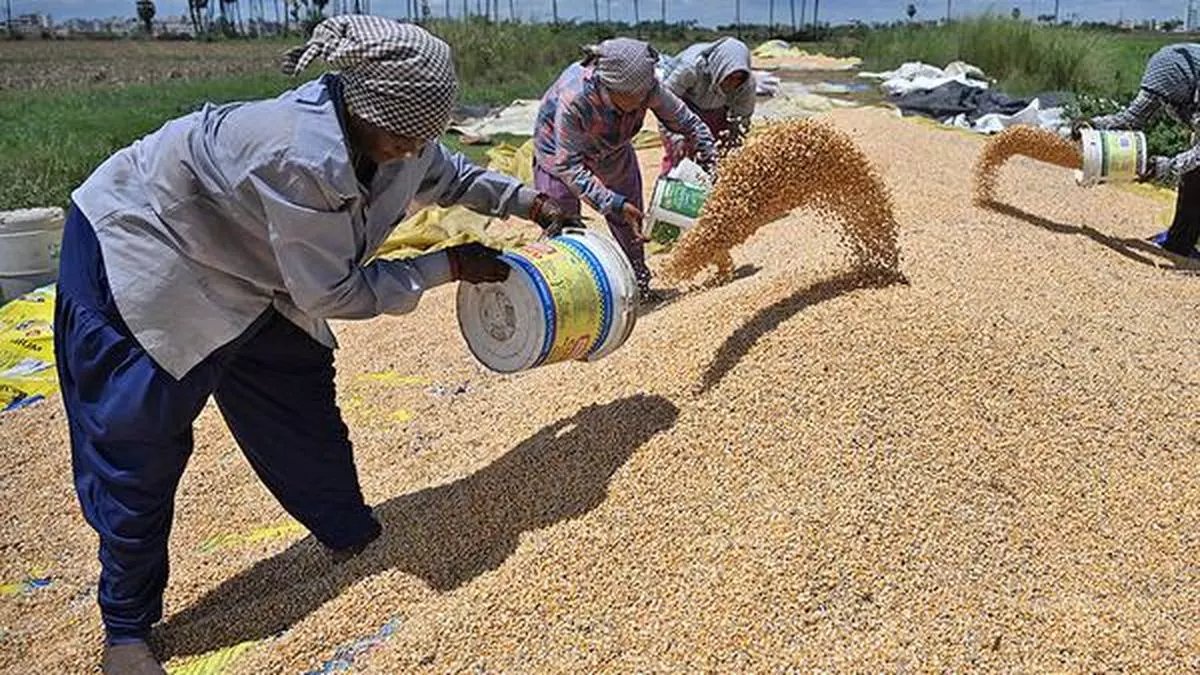The Material Recycling Association of India (MRAI) has made a plea to the Central Government and GST Council to reduce the GST rate for metal scrap materials to a low single-digit or make it nil from the current 18 per cent level. The recycling industry believes this reduction would boost revenues through improved compliance and help organize the sector.
Currently, the unorganized segment makes up about 30-40 per cent of the metal scrap recycling industry. Due to the fragmented nature of the scrap collection system in India, many people struggle to understand the GST mechanism, leading to non-compliance or tax evasion.
“We have requested the government to lower the GST rate to the minimum possible or make it zero. This will enhance compliance and increase GST collection, bringing more participants into the recycling industry. Since manufacturers come to organised companies to source recycled materials, we will be able to charge GST as per norms, which will boost tax collections,” Ashish Bansal, Director of MRAI told businessline.
- Also read: Organic Recycling Systems reported FY24 results, with net profit shares surge
Additionally, the association has proposed a ‘reverse charge mechanism’ where the tax liability would be on the buyers or manufacturers. This would help compliance and prevent fraudulent input tax credit claims by scrap dealers.
The government is seriously considering the industry’s request for a GST reduction. If implemented, it would significantly boost the recycling industry by improving scrap availability, streamlining processes, and transforming the sector into a more organized one. Consequently, waste disposal will be managed properly and responsibly, greatly reducing the environmental impact, he said.
Meanwhile, the Union Ministry of Environment, Forest, and Climate Change has issued a notification mandating the use of a minimum percentage of recycled materials in the total dry weight of batteries for 2027-28 – 2030-31.
According to this new norm, automotive and industrial batteries should contain 35 percent recycled materials during FY28 and FY29, increasing to 40 percent in FY30 and FY31. EV and portable batteries must use 5 percent recycled material in FY29, increasing by 5 percent each year thereafter.
Although the circular economy concept is still in its early stages in India, it has been gaining traction due to stricter regulations and environmental concerns.
The waste management industry in India holds significant potential, as only 30 percent of the 75 percent of recyclable waste is currently recycled. The Indian recycling market is projected to grow from an estimated $32.09 billion in 2023 to $35.87 billion by 2028.
- Also read: Clean facts about global plastic waste



